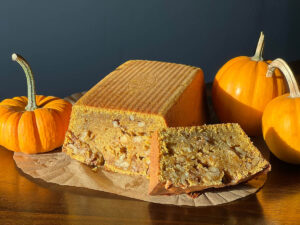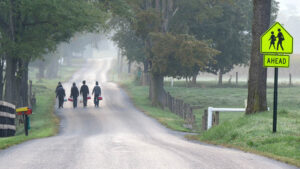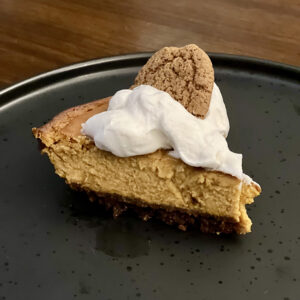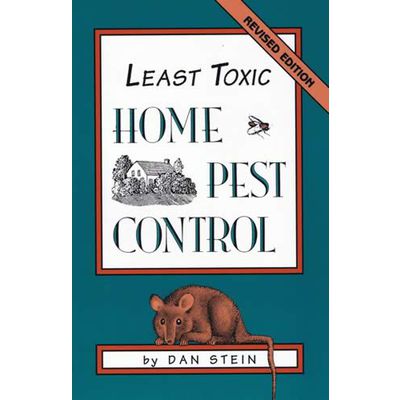
It’s something that many of us in rural areas cope with in springtime–an invasion of ants!
Dori Fitzringer, a frequent contributor to this blog notes, in a recent email:
“All winter I have waited for spring. The flowers, fresh breezes drifting in open windows. Here in the mountains of North Carolina, spring is always beautiful.
But with the lovely sunshine of spring comes those pesky little black ants. Ants – in the sugar, around the sink, crawling on your counters. Those tiny black ants are carrying who-know-what from one place to another.
I try to stay to natural solutions for pest control. The natural repellant I have had the best success with was cinnamon. But ants are smart little pests and soon figure out that the cinnamon is harmless to them and came back!”
Dori had to take further measures, and says, “If in doubt about using stronger or other insecticide products I would recommend contacting a professional.”
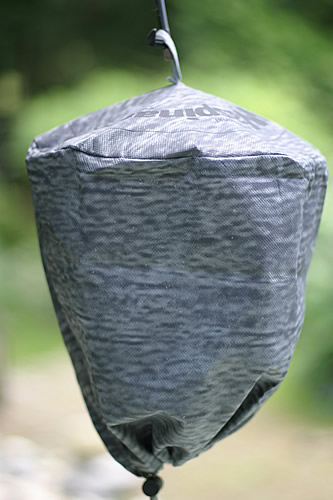
And, thanks to the magic of Facebook, a professional was available!
Dr. Richard Lobinske, currently the director of a hazardous waste control program in Florida, was happy to share tips from his prior career in public health pest control. With a PhD in Entomology, Lobinske had several suggestions on natural alternatives for those of you who may be struggling with a spring ant invasion.
In the Facebook conversation that started with a question on keeping ants under control at a campsite, he was asked about the efficacy of cucumbers to discourage ants. “Cucumbers might discourage ants, but will probably attract other critters,” he said.
He also noted that boric acid is an active ingredient in treatments often sold at stores, and that tea tree oil is the basis for the insecticide called ‘Neem’, and that using ant deterrents like “baby powder and chalk are similar to using diatomaceous earth.”
Boric acid and talcs (line marking powders, baby powder, chalk) and diatomaceous earth can all be taken by worker ants back to the nest, which exposes the colony to the materials. Essentially, these items all interfere with ant metabolism, and cause scratches on the insect’s exoskeleton, and the ants gradually die off.
Lobinske’s most important point was this: “Unless you put a complete repellent barrier around your house, ants have an amazing ability to bypass spot treatments.”
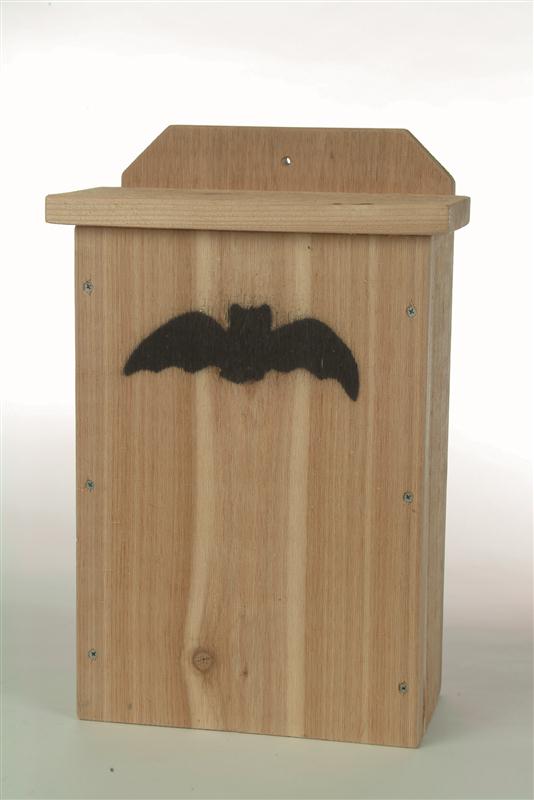
Using natural remedies to discourage ant and other insect pests can be effective. Here at Lehman’s, we have effective natural and physical deterrents here, including our ever popular leather flyswatter, our plant-based 3-in-1 Garden Spray, and our Ohio-made bat house. If you’re having a insect pest problem, we have ways to help you get it under control, indoors and out!


